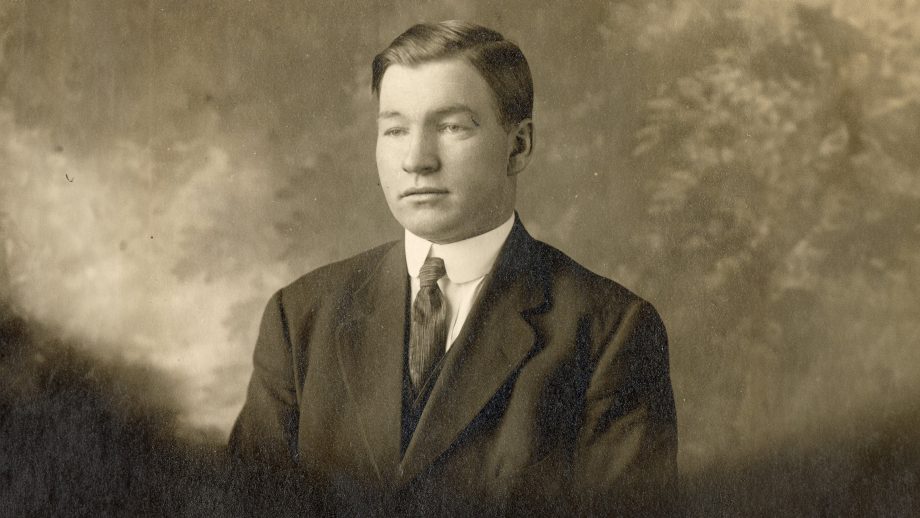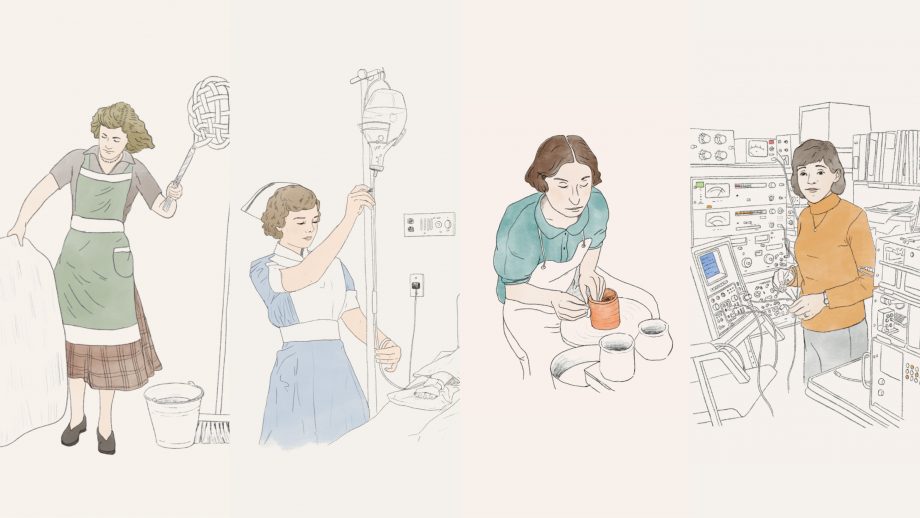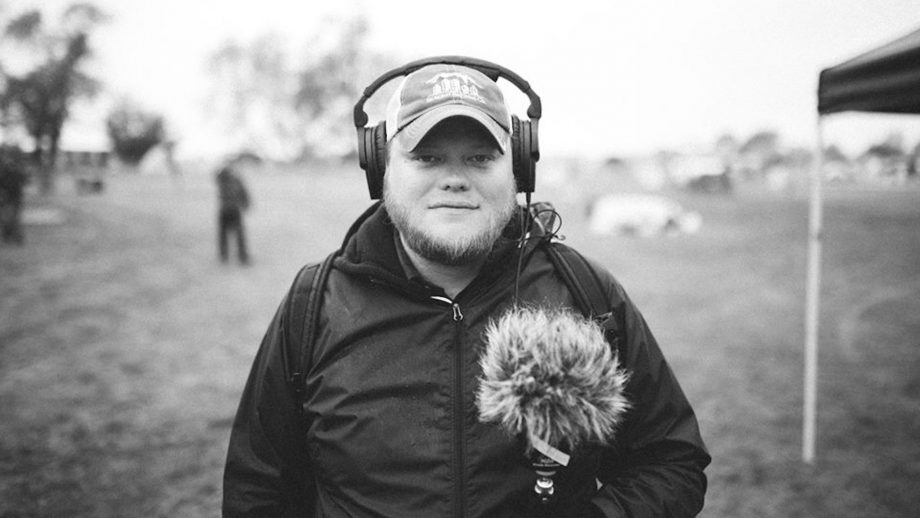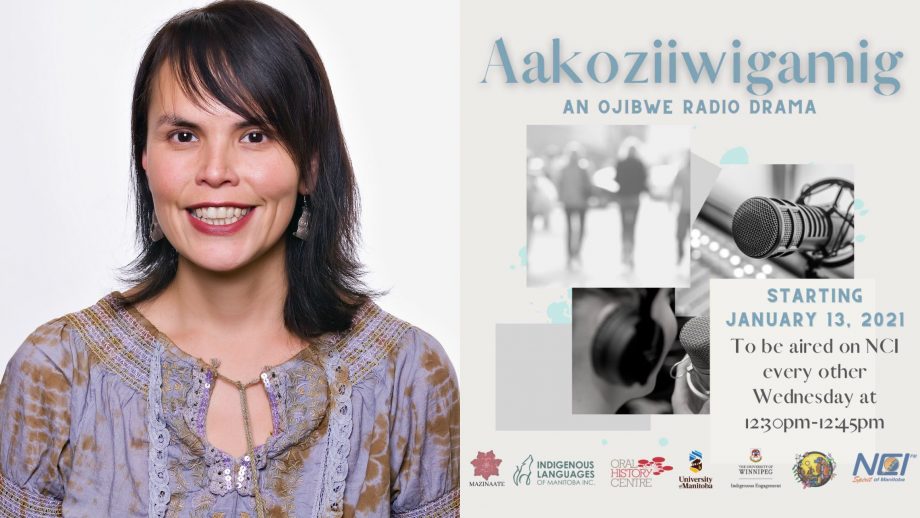After surviving the Second World War, large populations of German women migrated from their homeland to Canada creating a better life and experiencing a new adventure. Researchers Claudia Dueck and Sofia Bach in the Department of German-Canadian Studies at the University of Winnipeg are now starting a new project titled, “What They Can Teach Us: Stories from German Canadian Women 1950-1993” to archive the oral stories of these ambitious women.
These women’s life stories give us a valuable window into what it meant to be an immigrant woman in Canada in the latter half of the twentieth century.
Claudia Dueck
The project, funded by the Waterloo Centre for German Studies Diversity and Inclusion Grant, aims to create a trilingual (English, French, and German) online collection of edited oral transcripts where students, researchers, and the general public engage with archived oral history accounts from women who survived. the Second World War. Women who left their homeland, and made a life for themselves in a new country—in a time when, as one of the interviewees said: “Being a woman was one of the main problems.”
The collection will focus on five edited transcripts organized into three sections: the reasons for migration and journey to Canada; being a German woman in Canada from 1950 to 1993, and family and gender dynamics. Each unique story will be told by an avatar which resembles the woman whose experiences are shared.
Accompanied by maps and pictures sourced from UWinnipeg’s German-Canadian Archives, this online space will help educate and share the experiences of German Canadian women and the effects of war on their lives.
“They were mothers, wives, and workers,” said Dueck. “They came from a variety of social classes and had different migration statuses. Some were married, some divorced and one came as a single mother. These women’s life stories give us a valuable window into what it meant to be an immigrant woman in Canada in the latter half of the twentieth century.”
Oral archives were used for this project in support of the department’s goal to “diverge from history’s dominant practice of documenting only the struggle for power of ordinary people, economics, and religion which is given little attention except in times of crisis” pointed out Bach, quoting the work of British sociologist and oral historian Paul Thompson. In doing so, the Department of German-Canadian studies helps shed a light on ordinary people living in extraordinary circumstances.
To stay up to date with the “What They Can Teach Us: Stories from German-Canadian Women 1950-1993” project, visit the German-Canadian Studies Departmental blog.





